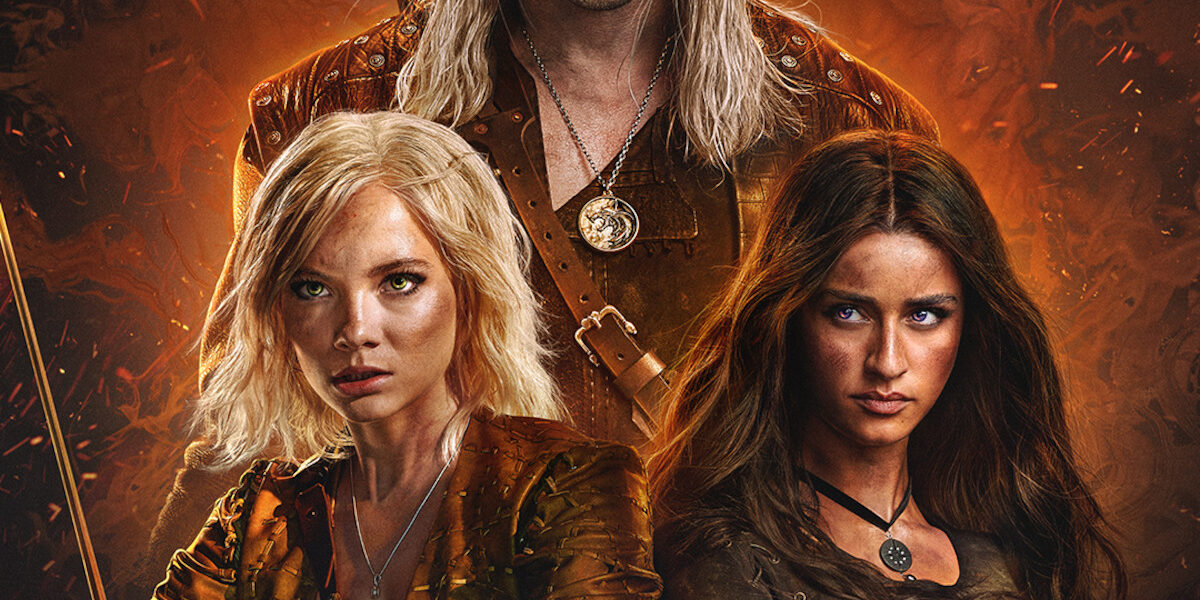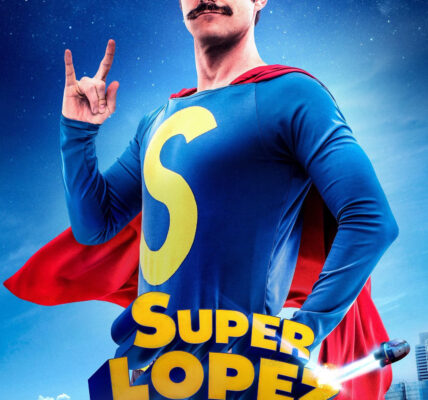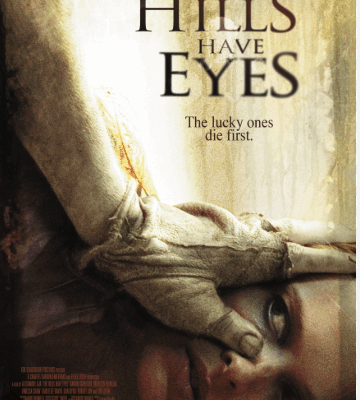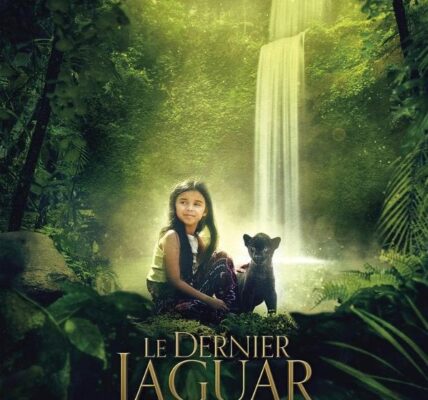Movie Overview
- Title: The Witcher
- Release Date: Premiered December 20, 2019 (Netflix)
- Genre: Fantasy / Drama / Action / Adventure
- Creator / Showrunner: Lauren Schmidt Hissrich (adapted from Andrzej Sapkowski’s novels)
- Main Cast: Henry Cavill as Geralt of Rivia (initial seasons)
Also: Anya Chalotra (Yennefer), Freya Allan (Ciri), other ensemble cast - Where to Watch: Netflix (various regions)
1. Plot Summary
The Witcher follows Geralt of Rivia, a mutated monster hunter (a “witcher”), as he wanders the Continent taking contracts to slay beasts while trying to find his place in a moral universe where humans can be more monstrous than creatures.
Parallel to Geralt’s storyline, Princess Ciri of Cintra is hunted as her destiny intertwines with his, and Yennefer of Vengerberg, a powerful sorceress, struggles with her own transformations, power, and identity.
Across the series, their paths gradually converge as political conflicts, magical forces, monster threats, and personal destinies draw them together.
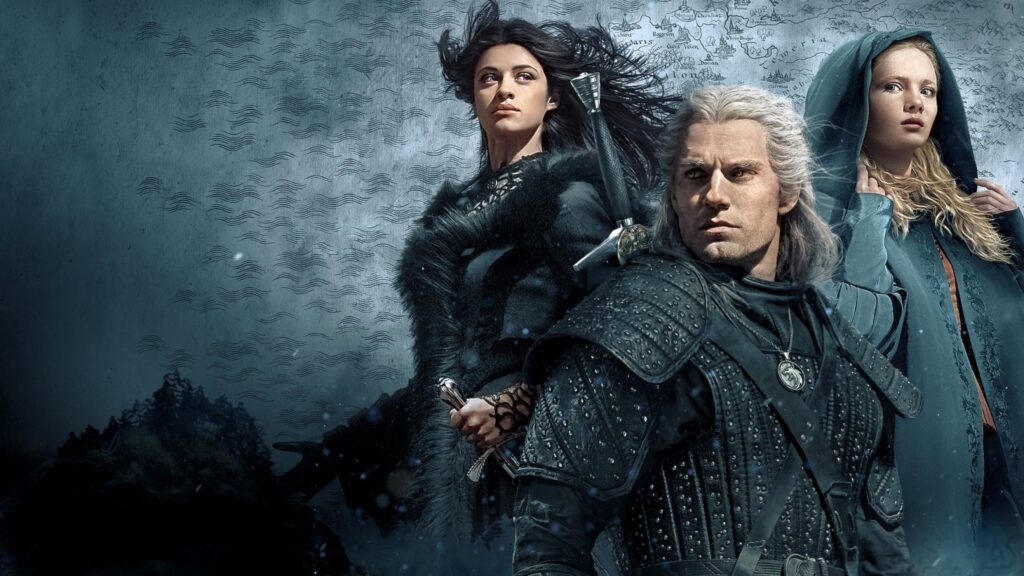
2. Notable Elements
Strengths / What Works
- Worldbuilding & Visual Design: The production values are high: costumes, creatures, set designs, and cinematography help make the Continent feel lived in and dangerous. The Guardian notes the saga’s “sprawling world of antagonists” with detailed lore (elves, politics, etc.).
- Charismatic Lead Performance: Henry Cavill’s portrayal of Geralt is often praised. His stoicism, presence, and charisma lend gravitas to the role.
- Dark Tone & Moral Ambiguity: The show leans into morally grey territory, where characters make hard choices, deception is common, and “good vs evil” is rarely clear-cut. This moral complexity is one of its more compelling features.
- Interwoven Narrative Structure: Early seasons use nonlinear storytelling—flashbacks, multiple timelines, parallel arcs—which can be ambitious and engaging. Some reviewers flag that this structure can confuse, but also rewards attentive viewing.
- Strong Supporting Characters: Yennefer and Ciri have compelling arcs of their own—Yennefer’s transformation and sacrifice, Ciri’s growth, motivations, and power struggles—all add depth beyond just Geralt’s quests.
Weaknesses / What Doesn’t Always Succeed
- Confusing Pacing & Narrative Jumps: The nonlinear structure and many intersecting plots sometimes leave viewers disoriented. The show “struggles to balance its dialogue-driven scenes with pushing the plot forward.”
- Character Depth & Consistency Issues: Some characters feel underwritten or change motivation too abruptly. Den of Geek describes missed opportunities in developing strong, coherent characters.
- Deviation from Source Material / Fan Criticism: Some fans and critics feel the adaptation takes liberties that dilute or misinterpret elements of the original books.
- Heavy Exposition / World Lore Overload: At times, the show leans on information dumps—dialogue explaining magical systems, histories, political machinations—that can slow momentum.
- Inconsistent Tone / Focus: Because the series tries to do many things (monster hunts, politics, personal drama, magic), some episodes feel more crowded than cohesive.
3. Themes & Messages
- Destiny & Free Will: A recurring question: how much of one’s path is predetermined? Ciri, Geralt, Yennefer each wrestle with prophecy, choices, and identity.
- Otherness & Alienation: Witchers are mutants—edited, outcast, feared. The show explores isolation, prejudice, and what it means to belong (or not).
- Power & Its Cost: Magic, politics, and strength all exact a price. Characters often must give up something—morality, body, relationships—to gain power or survive.Advertisement
- Monsters Among Men: The idea that humans are often more monstrous than the beasts hunted—the show repeatedly tests which acts are truly monstrous, and whether monsters always wear fangs.
- Survival, Sacrifice & Loyalty: Many arcs involve protecting loved ones, sacrificing for greater good, or loyalty tested by hardship.
While not a holiday story, the themes of sacrifice, destiny, and moral struggle can echo ideas of redemption, reflection, and confronting darkness in the season’s quieter moments.
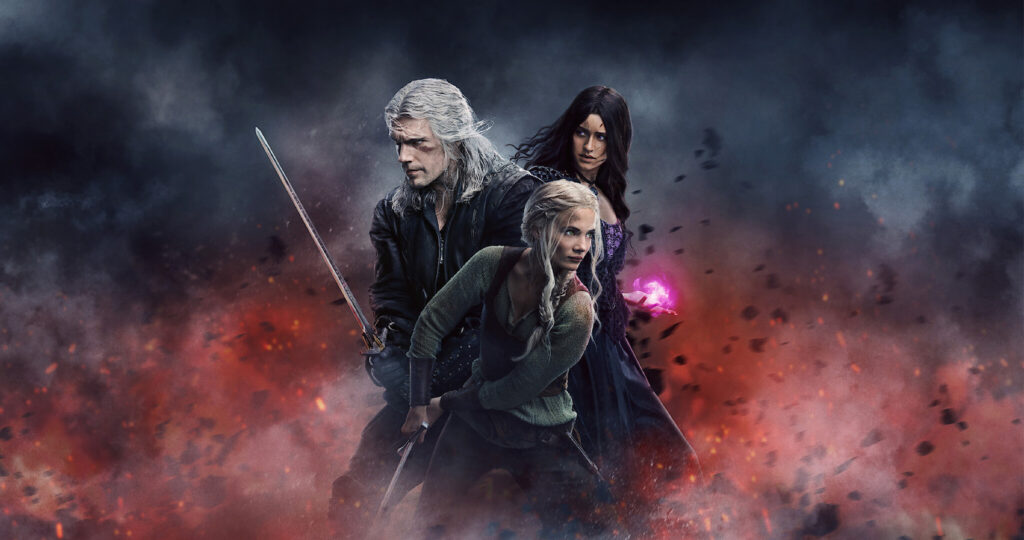
4. Personal Impressions
What I Admired
- I appreciate its ambition. The series doesn’t shy from complexity or risk. It builds a fantasy world that feels real, with political machinations, moral grey zones, and mythic stakes.
- Cavill, Chalotra, Allan (and others) do strong work. The interpersonal chemistry and emotional beats land in many moments.
- The monster-hunt episodes are often exciting and well staged. Creature design, action choreography, and tension deliver in many episodes.
- Some arcs (Yennefer’s origin, Ciri’s development) are emotionally compelling, with transformation, loss, and growth.
What I Found Frustrating
- On many occasions, I felt lost in timing shifts and character backtracking. I had to rewatch or pause to piece together timelines.
- Some narrative threads feel like they should have more space; minor characters vanish or reappear without satisfying closure.
- The show’s ambition sometimes outpaces cohesion—episodes overloaded with lore or subplot feel less fun.
- The deviations from the books, while inevitable, sometimes upset for fans; it occasionally feels like choices were made more for spectacle than narrative integrity.
5. Audience Recommendations
This show (or “movie-scale epic”) is ideal for:
- Viewers who enjoy fantasy with depth, moral ambiguity, politics, magic, and monsters—Game of Thrones fans may find resonance.
- People who like nonlinear storytelling and are willing to engage actively rather than passively consuming.
- Fans of the Witcher novels or games who want to see adaptation, even with its faults.
- Those who appreciate both spectacle and emotional drama.
Might be less suitable for:
- Viewers who prefer straightforward narratives or minimal fantasy lore.
- Those who dislike exposition, complexity, or frequent timeline jumps.
- People who are purists about the book canon and are unhappy with adaptation liberties.
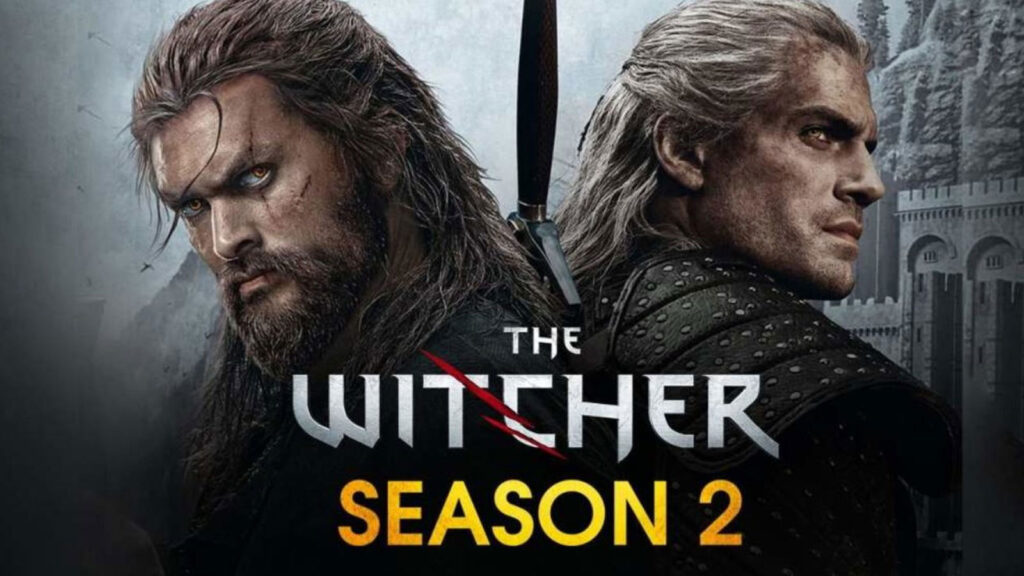
6. Conclusions & Rating
The Witcher is a bold, imperfect adaptation. It delivers many moments of beauty, tension, mythic drama, and character complexity. But its narrative ambition sometimes falters under its own weight, with pacing issues, tonal shifts, and loose arcs. For fantasy fans, it offers a compelling experience—warts and all.
Final Recommendation: Watch it if you love immersive fantasy and are okay with a few bumps. It’s not flawless, but it often hits the parts that matter (characters, stakes, monsters).
Star Rating: ★★★★☆ (4 out of 5 stars)
